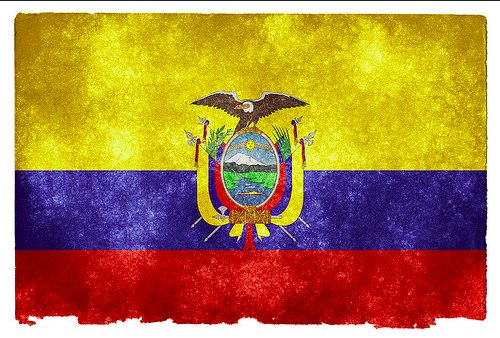As a follow up to what a glance at the above map reveals:Posted by Hervé (here)
This interesting map gives, at a glance, a strong indication as to whom bitcoin is actually a financial tool of:
January 19 2018

Kaspersky Lab claims bitcoins were created to help fund US and British intelligence services
Sputnik
Fri, 19 Jan 2018 17:03 UTC
Natalya Kaspersky claimed that Bitcoin was designed to provide financing for US and British intelligence activities around the world. The expert called the cryptocurrency "dollar 2.0."
The Bitcoin cryptocurrency was developed by "American intelligence agencies," Natalya Kaspersky, CEO of the InfoWatch group of companies and specialist in cyber security systems, said during her presentation at ITMO University in St. Petersburg.
Kaspersky was giving a speech on information wars and digital sovereignty. Photos of her presentation entitled "Modern technologies - the basis for information and cyber-wars," have been published on social media.
"Bitcoin is a project of American intelligence agencies, which was designed to provide quick funding for US, British and Canadian intelligence activities in different countries. [The technology] is 'privatized,' just like the Internet, GPS and TOR. In fact, it is dollar 2.0. Its rate is controlled by the owners of exchanges," one of the slides read.
She also claimed that Satoshi Nakamoto (the pseudonym used by its founder or founders) is the name for a group of American cryptographers.
The presentation also claimed that a smartphone cannot be considered as a personal gadget.
A smartphone "is a remotely controlled device designed for entertainment, work and at the same time for spying on its owner," according to Kaspersky, who is also the co-founder of Kaspersky Lab.
- Home
- Forum
- Chat
- Donate
- What's New?
-
Site Links

-
Avalon Library

-
External Sites

- Solari Report | Catherine Austin Fitts
- The Wall Will Fall | Vanessa Beeley
- Unsafe Space | Keri Smith
- Giza Death Star | Joseph P. Farrell
- The Last American Vagabond
- Caitlin Johnstone
- John Pilger
- Voltaire Network
- Suspicious Observers
- Peak Prosperity | Chris Martenson
- Dark Journalist
- The Black Vault
- Global Research | Michael Chossudovsky
- Corbett Report
- Infowars
- Natural News
- Ice Age Farmer
- Dr. Joseph Mercola
- Childrens Health Defense
- Geoengineering Watch | Dane Wigington
- Truthstream Media
- Unlimited Hangout | Whitney Webb
- Wikileaks index
- Vaccine Impact
- Eva Bartlett (In Gaza blog)
- Scott Ritter
- Redacted (Natalie & Clayton Morris)
- Judging Freedom (Andrew Napolitano)
- Alexander Mercouris
- The Duran
- Simplicius The Thinker






 Reply With Quote
Reply With Quote




 .
.


Bookmarks